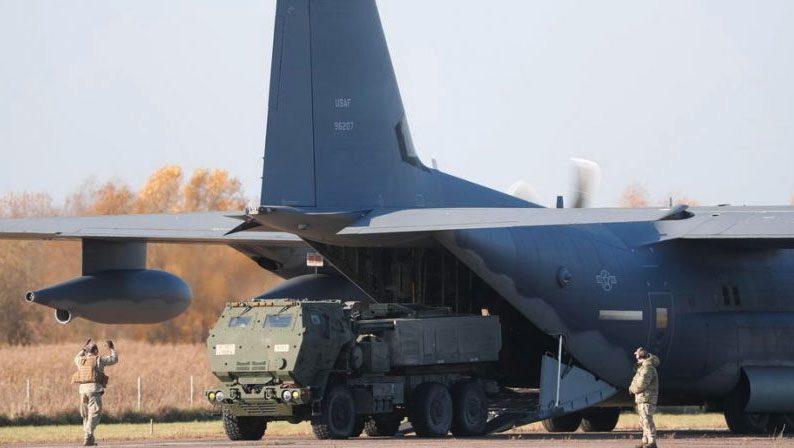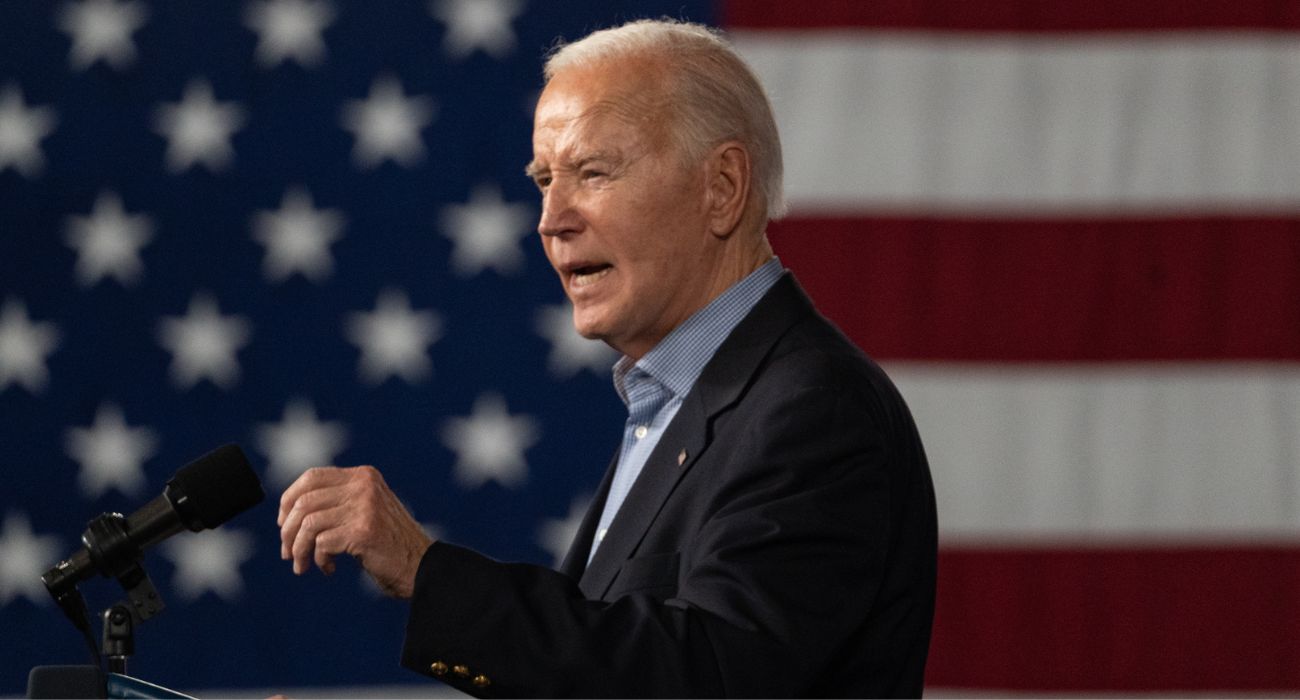Russian officials have asserted that the U.S. is directly involved in the conflict in Ukraine by approving and coordinating missile attacks on Russian troops in Ukraine, Reuters reported.
Russia’s defense minister, Sergei Shoigu, claimed Ukraine’s deputy head of military intelligence had admitted to the Telegraph newspaper that Washington coordinates missile strikes using U.S.-made High Mobility Artillery Rocket Systems (HIMARS).
“All this undeniably proves that Washington, contrary to White House and Pentagon claims, is directly involved in the conflict in Ukraine,” Shoigu said, according to Reuters.
U.S. President Joe Biden has stated that he wants Ukraine to defeat Russia and has delivered billions of dollars in arms to Kyiv, including 16 of the HIMARS. However, government officials have stated that the U.S. will not get involved in a direct clash between U.S. and Russian soldiers.
Vadym Skibitsky, Ukraine’s acting deputy chief of military intelligence, denied receiving direct targeting information from U.S. officials but acknowledged consultation, according to Reuters.
HIMARS is a massive rocket launcher platform mounted on the bed of a specially designed heavy-duty truck, The Dallas Express reported. The truck’s control center can launch up to six rockets simultaneously, hitting targets up to 300 kilometers away.
Lockheed Martin, the manufacturer, claims the HIMARS is the “most technically advanced, affordable and sustainable artillery solution.”
The HIMARS systems, designed in North Texas and built in Arkansas, have aided in the elimination of over 100 high-value Russian targets, according to U.S. military officials. Per the U.S. Defense Department, the rocket-launching system has a “significant impact on what’s going on, on the front lines.”
Despite claims by Moscow that Russian forces have destroyed some of Ukraine’s HIMARS, Serhiy Leshchenko, a member of President Volodymyr Zelenskyy’s staff, has refuted those claims.
The Russian invasion of Ukraine has triggered the most severe crisis in Russian-Western relations since the 1962 Cuban Missile Crisis, when many feared the world was on the brink of nuclear war.






